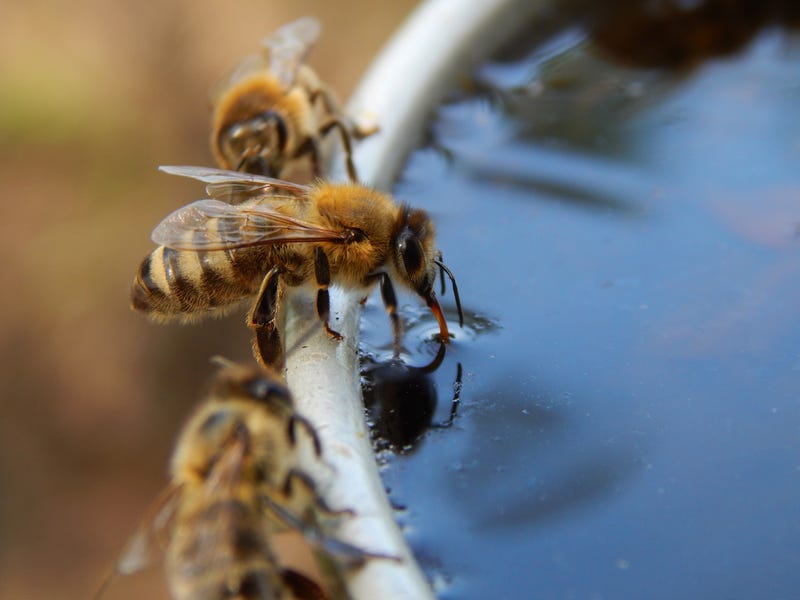
Did you know that bees are fish? Well, at least some of them, according to a California court.
Just don’t expect to see them pop up on the menu of your favorite seafood restaurant anytime soon.
The 3rd District Court of Appeal in Sacramento filed its decision May 31 in response to a lawsuit from state agencies and public interest groups that aimed to protect four species of bumble bees in the state: the Crotch bumble bee, the Franklin bumble bee, the Suckley cuckoo bumble bee, and the Western bumble bee.
According to the Center for Biological Diversity, one in six bee species is regionally extinct around the world and more than 40% are vulnerable to extinction. Without bees, “there would be major rippling effects throughout ecosystems,” as the insects pollinate many plants such as blueberries and cherries, said Britannica.
To prevent extinction of bees in the state, the California Department of Fish and Wildlife petitioned in 2018 to list the four species of bumble bees as part of the California Endangered Species Act. Although the Fish and Game Commission advanced them to candidacy in June 2019, its decision was challenged in court due to the language of the act.
Through the history of legislation aimed at protecting California wildlife, the “invertebrates” category has been included under the “fish” definition. However, some invertebrates – including bumble bees – are terrestrial rather than aquatic.
A trial court argued that inclusion of invertebrates under fish indicates that state law only includes marine invertebrates. The appellate court’s recent decision said that the fish category in California law is actually “not so limited.”
“We acknowledge the scope of the definition is ambiguous but also recognize we are not interpreting the definition on a blank slate,” the decision said. “The legislative history supports the liberal interpretation of the Act.”
To back up the argument, the court cited a 1980 letter from Deputy Attorney General Denis Smaage, “which justified the Commission’s authority to classify insects as rare or endangered,” and other history regarding legal protection of wildlife in the state.


